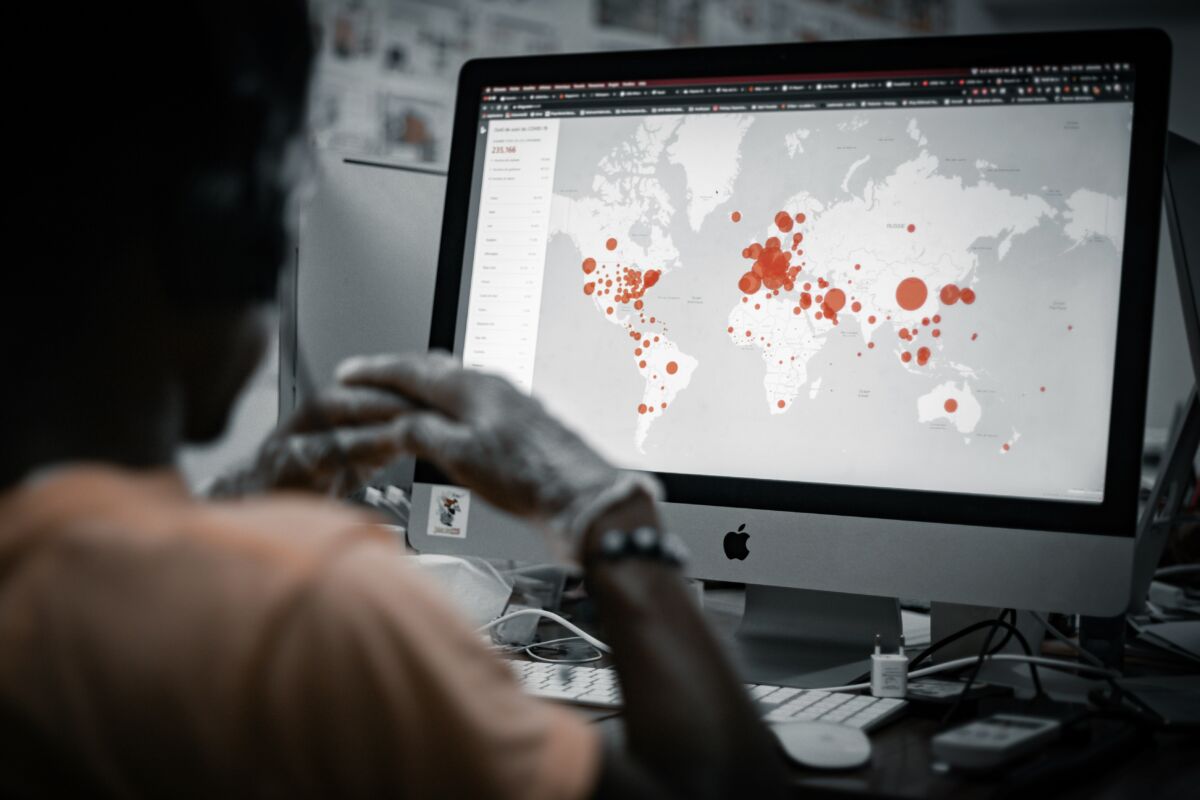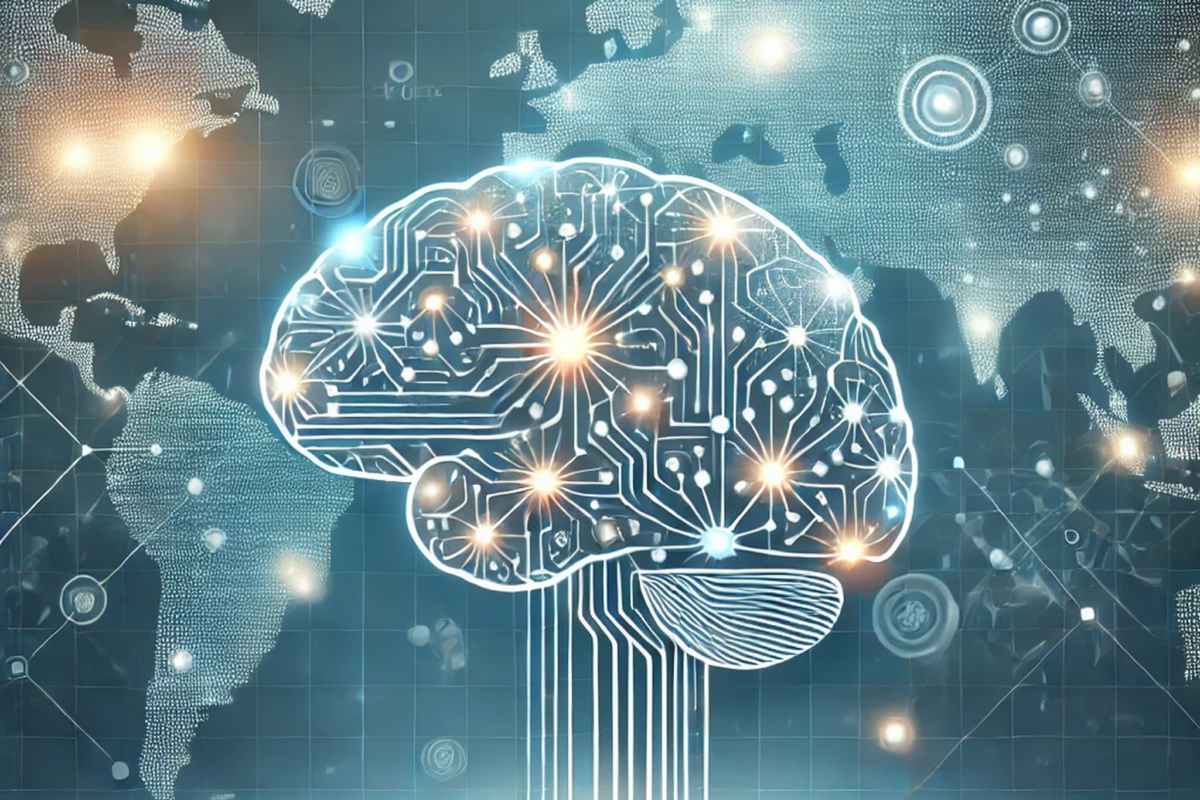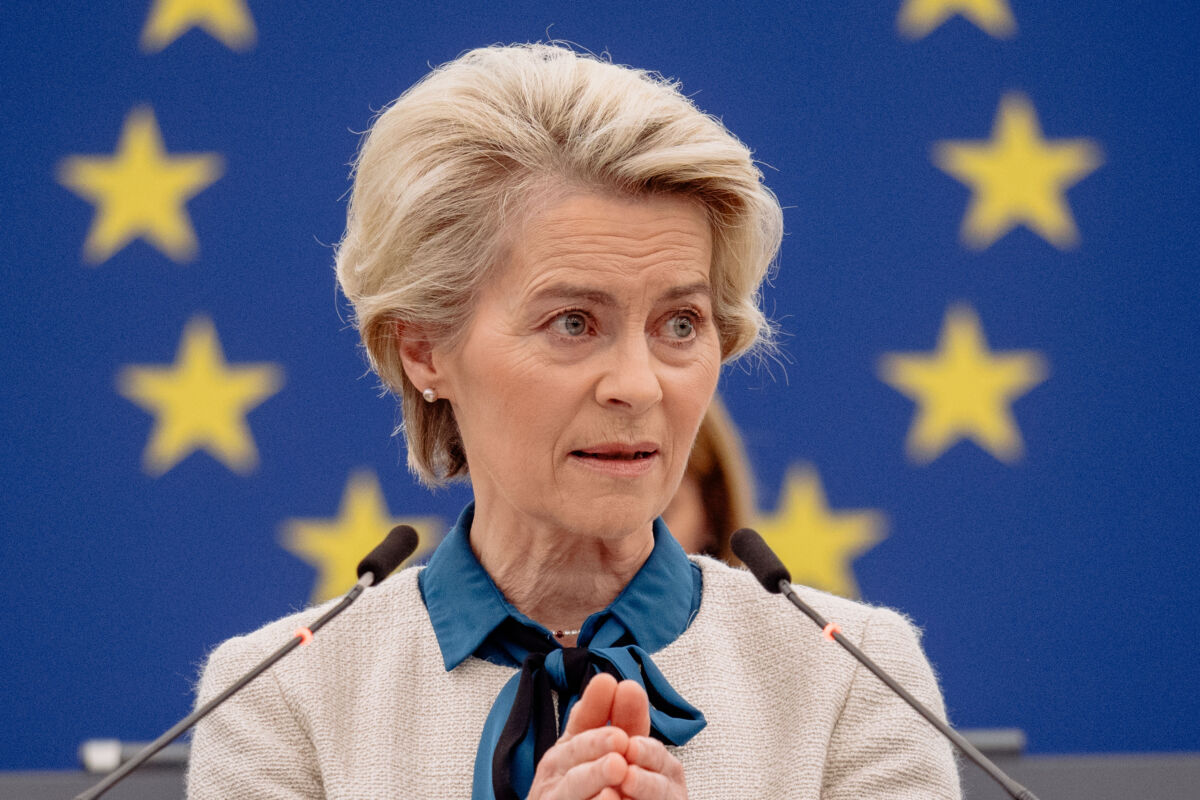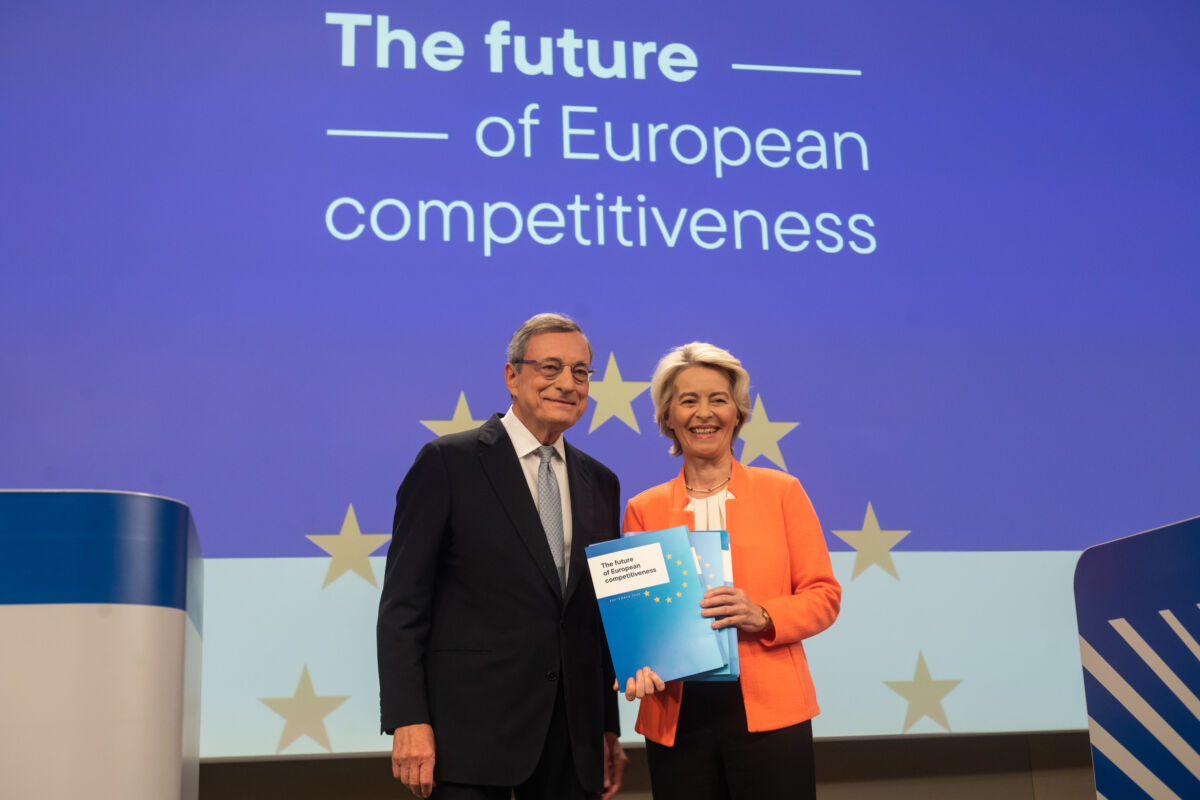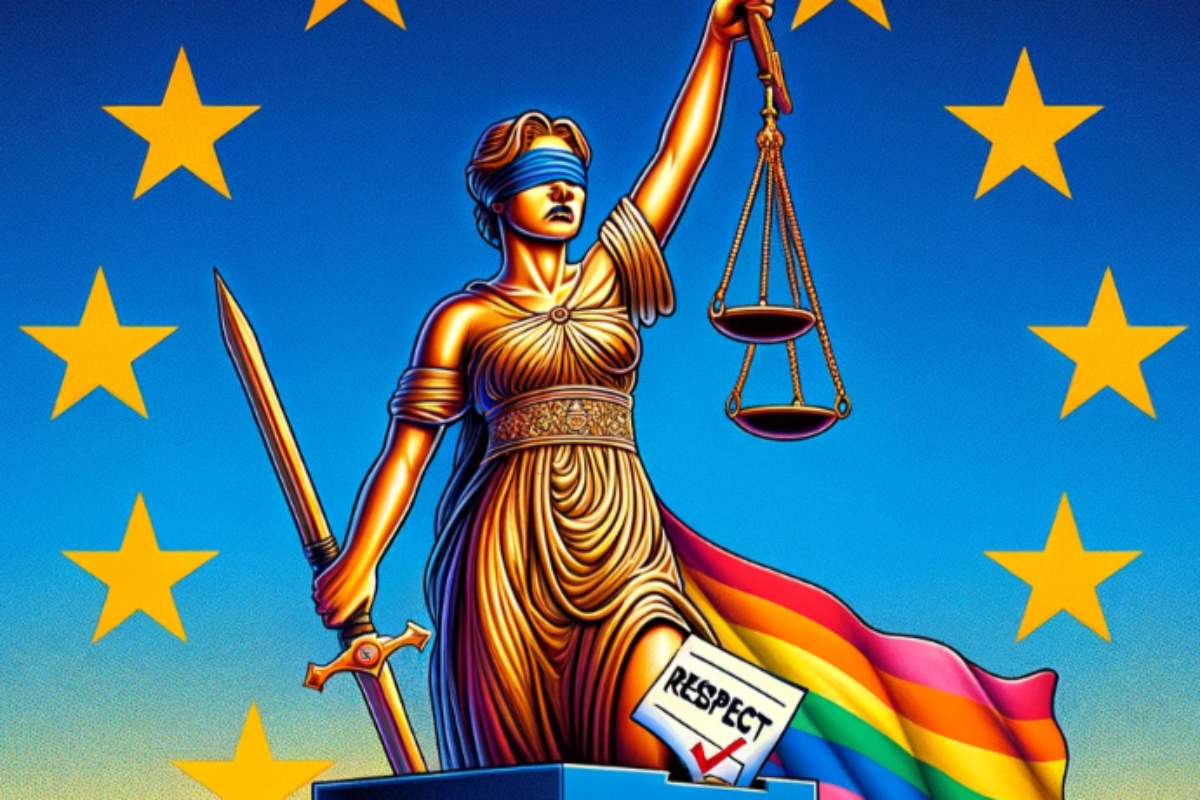AI will definitely shape our far-off future but it’s also already shaping our society today. Having regulation is crucial, but we must also shape innovation to match our aspirations. To succeed, it is crucial to understand the nature of this technology.
It seems easy to make the argument that AI is a transformative technology, and that it inevitably triggers change. It will (and does) change the way we manufacture products, diagnose diseases, undertake creative work, as well as how we receive information and which pieces of information we get to see.
Such an AI-led transformation would come at just the right time – our society is in dire need of it. We’re due to miss all international climate goals, authoritarianism is on the rise, and violent conflicts seem ubiquitous. In the midst of all these crises, we find remarkable strides in AI development and we place great hope in it.
When we dream about AI’s transformative power we overlook though that AI is the product of a specific context and specific communities (poleis). The philosophy of technology teaches us that ‘technology is society made durable.’
AI is no exception.
It re-produces society and its power structures: the ‘who builds it’ gets to decide ‘for what’ and ‘how’. AI impacts our democratic processes, power dynamics, human interactions, and societal structures. This is what people refer to when they say that AI is ‘political’.
AI also creates durability in another way. For example, many AI systems build on the classification of objects (including people). Researchers point out that the act of classification creates categories and maintains them over time by making objects fit these categories rather than allowing for diversity or discontinuity. Today’s AI systems use past data to learn patterns and predict answers based on such classifications. By building on past data, they are firstly conducive to path dependency, i.e. durability; and secondly, depending on which past data are used, a ‘specific past’ and present can be perpetuated.
Since AI is political and has this durability effect, it’s important to keep whatever becomes durable in check. We should use the durability effect as a lever to work towards goals such as sustainability, equality, and justice.
When we look more deeply at ‘AI for what’, ‘AI by whom’, and ‘AI for who’, we come to fully understand that AI is political and requires political will and action to make it the transformative technology we need. We should take this to heart when shaping the European approach to excellence in AI.
AI for what? Prioritising societal and environmental well-being
AI lends itself to a myriad of use cases, including purely commercial or military ones. Currently, AI is not commonly used for sustainability, peace building, or to strengthen democracy. Rather, it’s the opposite.
AI’s entanglement over the last few decades with the interests of private companies to maintain their profitability by utilising data to improve their products and business models has prioritised commodification for profits over human autonomy and sustainability. Ukraine has turned into a test ground for military AI which accelerates the pace of war. Using AI to impact voting behaviour or undermine democratic information ecosystems is no secret either. In China, AI is even used to prop up the Communist Party’s rule.
Public resources should be made available to boost AI innovation in the EU to ensure that the ‘for what’ is aligned with public interests. Because AI can be used for sustainability, peace building, and to strengthen democracy – it just takes political will to do so.
AI by whom? Creating equal opportunities for building the AI future
Besides its impact on democracy, AI itself is not very democratically developed. Currently, the main AI actors are a few (non-European) tech giants. Market concentration equals a lack of competition, disadvantaging smaller actors, cementing current power structures and exacerbating other divides, including those between the Global North and South(s).
Looking at those shaping AI innovation reveals another political problem – gender inequality. It’s no secret that computer science is a male-dominated field. Women account for just 25 % of all ICT students and only 19 % of the ICT job market. If we look at how venture capital (VC) funding is allocated across gender, the picture is even bleaker. Between 2012-2022, all-male founder teams in the UK raised 80 % of the total capital invested by VCs in AI. Only a measly 0.3 % was raised by all-female teams.
This situation will not fix itself. Affirmative action should be considered when designating public funding and resources. It’s one thing to embed equal opportunity in the ecosystem of trust (the Ethics Guidelines for Trustworthy AI and the AI Act); it’s a totally different thing to proactively reach out to disadvantaged and less represented groups to offer them access to public funding and opportunities.
AI for who? Sharing AI’s benefits globally
As Western and Chinese companies benefit massively from the AI boom, the training of AI systems replicates familiar patterns of outsourcing low-quality jobs and extracting resources for the technology stack. Such a situation has even inspired the term ‘data colonialism’. The durability effect of AI on global power structures might be even more evident than for domestic use cases.
Current global governance initiatives, from the AI Safety Summits to the G7 Hiroshima Process, seem more concerned about AI safety and longtermism than with the wellbeing of current and future generations. Only the UN keeps these impacts in check (at least in principle). Initiatives like the UN’s Global Digital Compact need to be prioritised over competing forums only hosting nations that have historically been at the winning end of global inequalities.
An aspirational approach to AI
The political nature of AI should be taken seriously. It must be addressed accordingly when designing global and EU AI governance and when promoting innovation in this crucial domain.
This also means that the framework for ‘Trustworthy AI’ is not enough because it insufficiently addresses the actual politics of AI. Luckily, Europe’s AI ecosystem of excellence is still to be established, meaning we get to take political action now.
But the window of opportunity might be closing. Our approach to AI must be explicitly political to unlock its transformative power and ensure it’s designed and deployed to help us realise the society we want to live in for many years to come.
To keep the good vibes going, this is the third of our week-long commentary series to mark the passing of International Women’s Day on Friday 8 March and to highlight some of our most talented female researchers.








